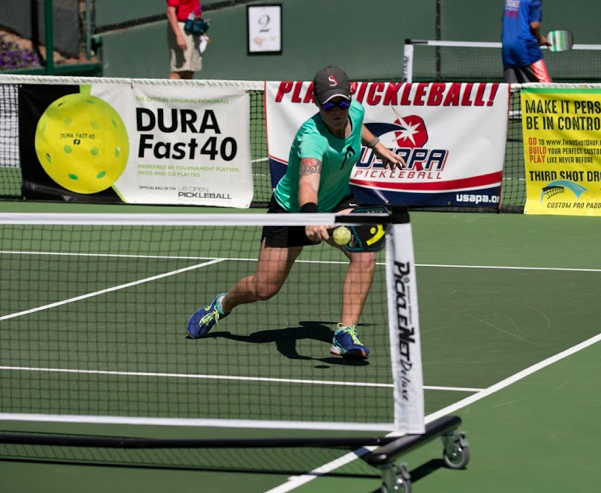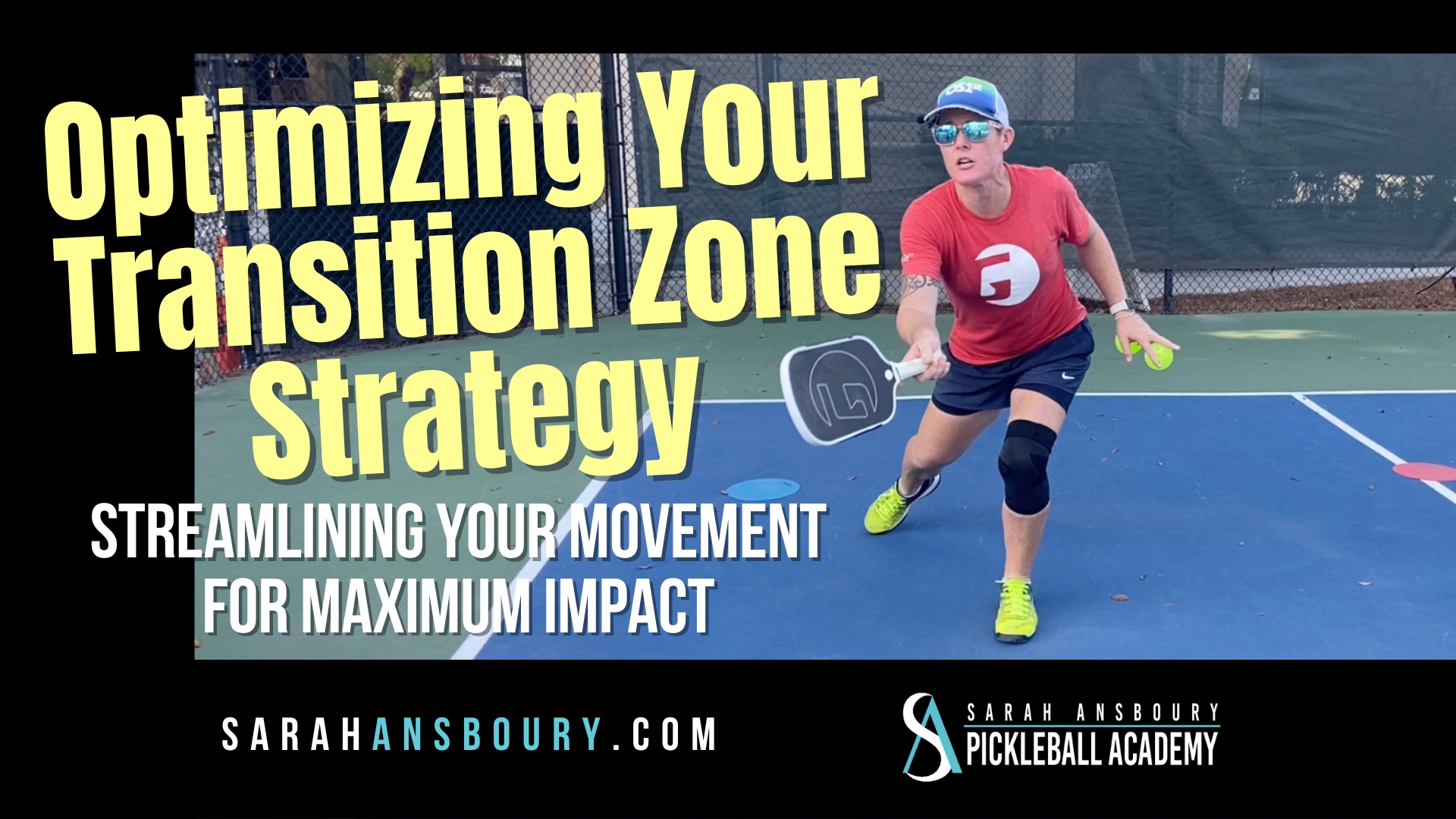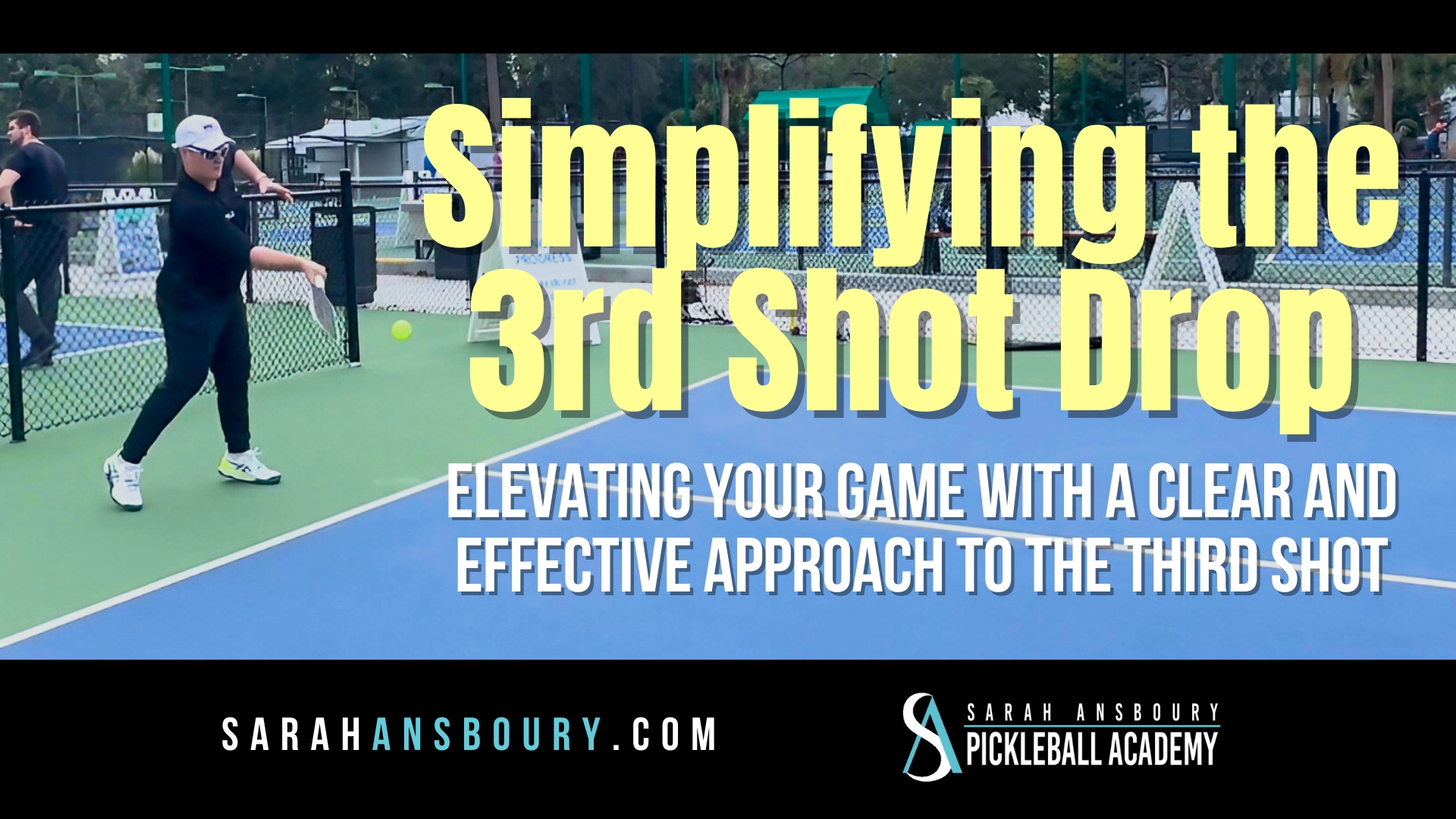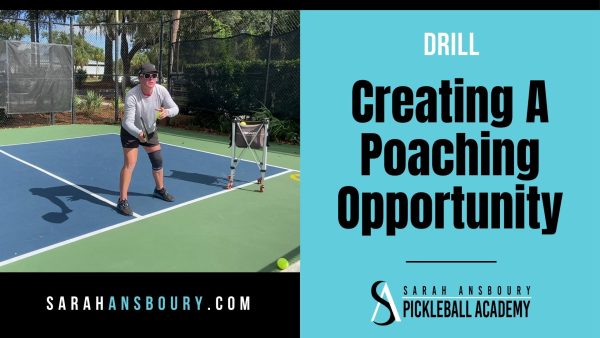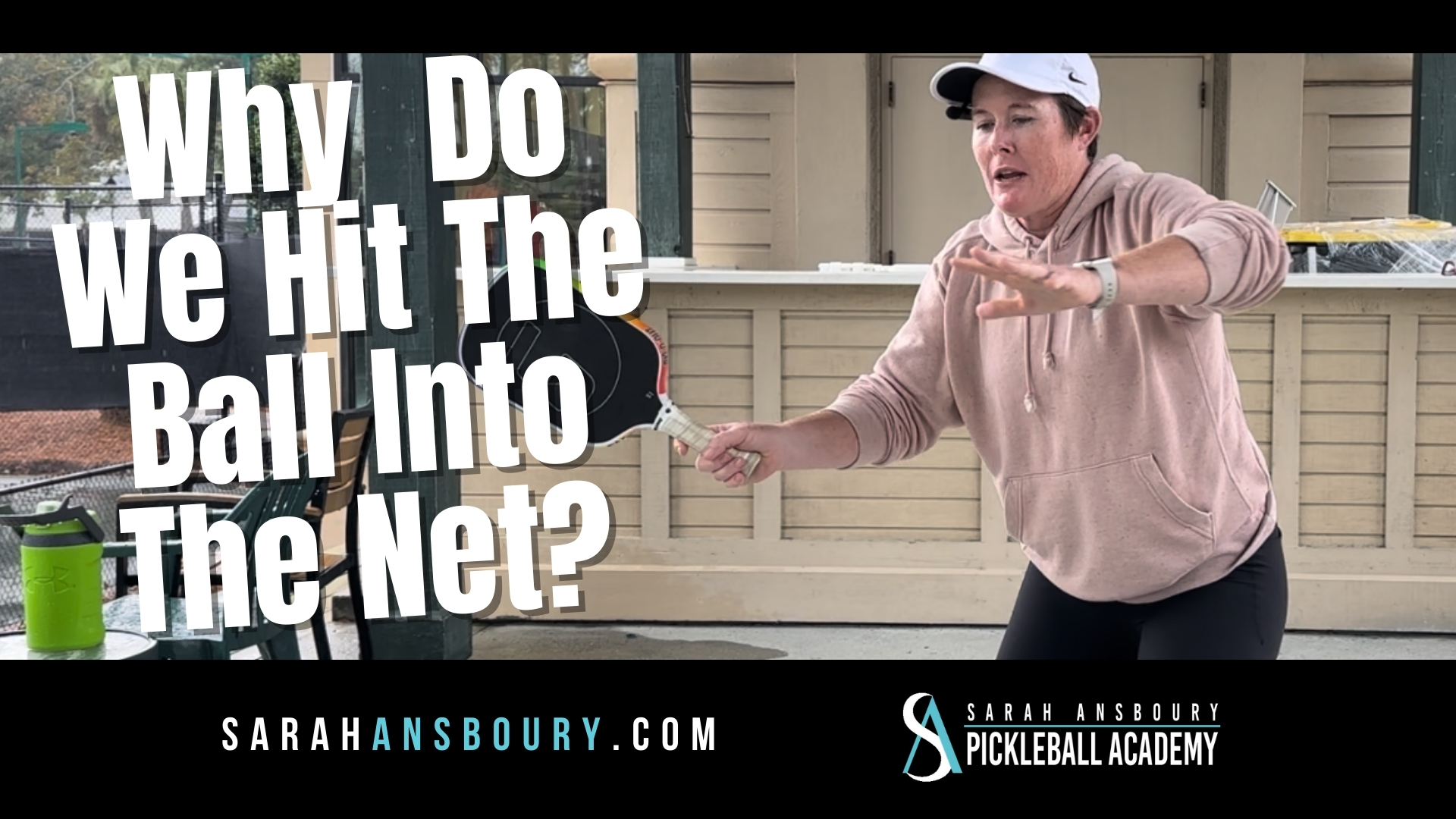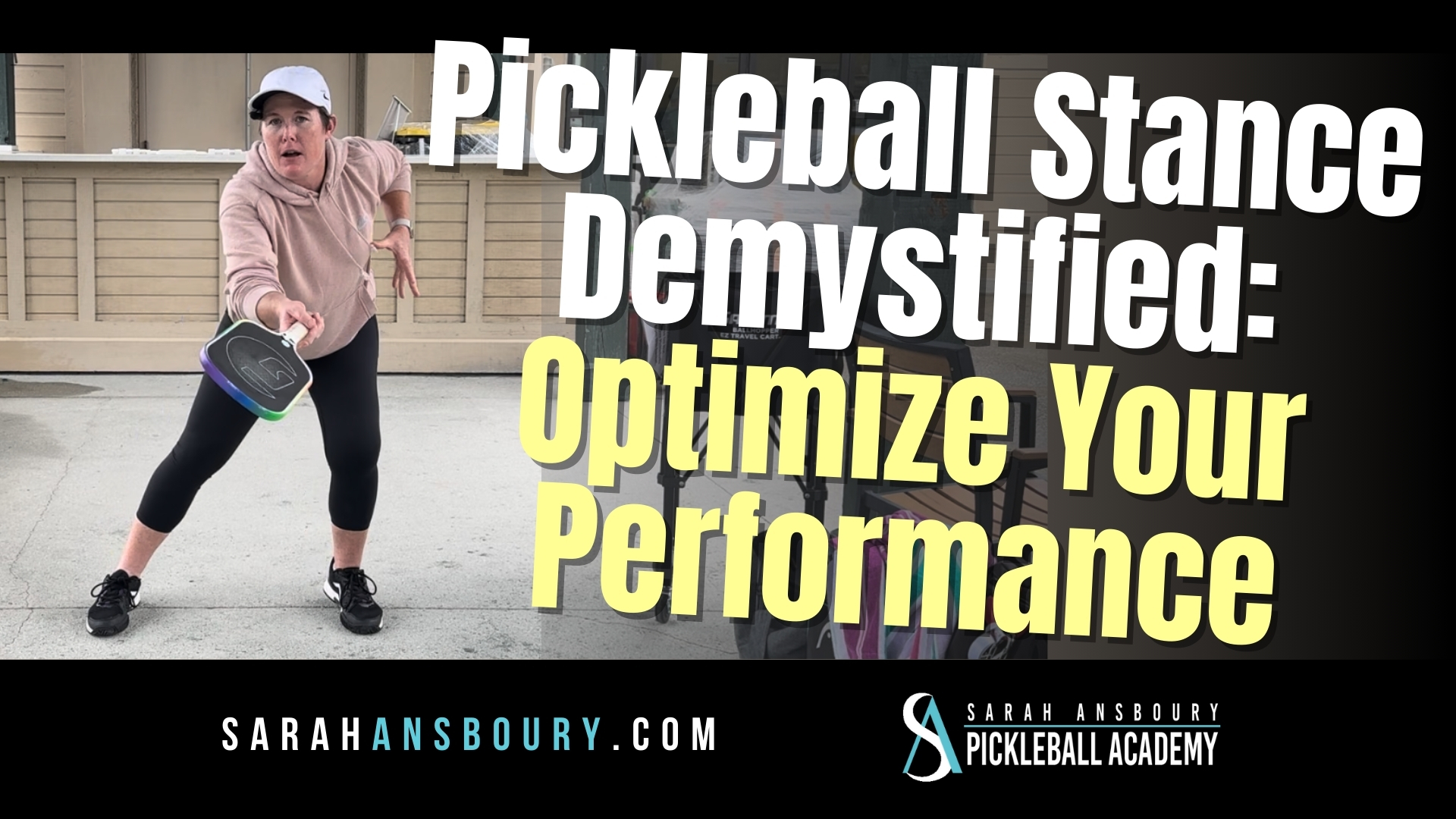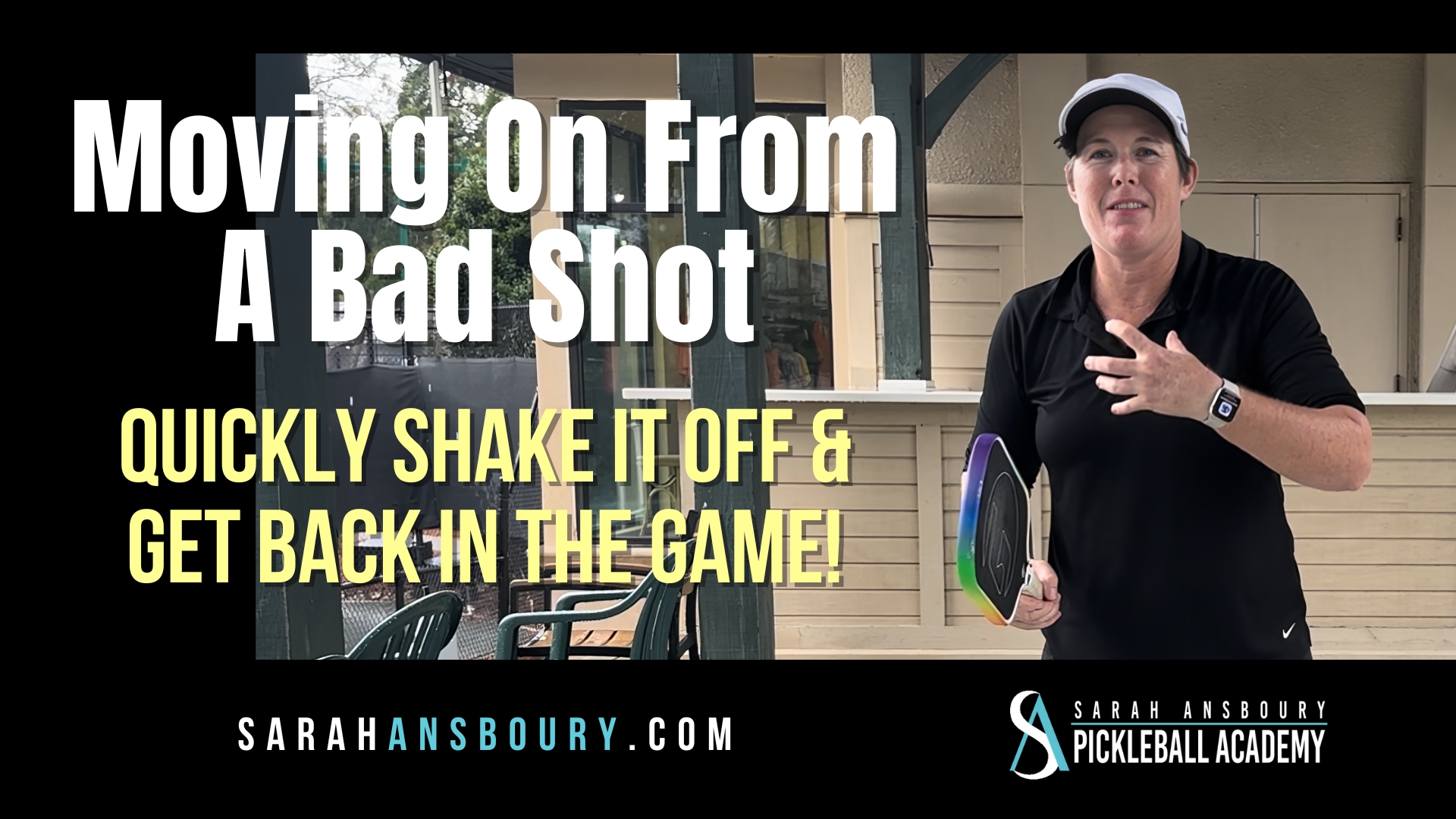I find that many new players can’t answer the question, “Why do you dink?” So today we will try to answer that question.
Are You Confused?
When I ask students why they dink, they often look confused. They might say, “To slow down the game” or “I’m waiting for my opponent to make a mistake and hit it into the net.” Often time, they voice it as if their response is a question…with their voice raising at the end of the statement. This tells me, they really aren’t sure. Given it is the shot we are typically hitting the most during a game, I think we should know why we dink.
- Popping up a ball that I can hit down, or
- By creating a space that I can hit into.
In both cases, the dinking is the hard part. The attacking shot should be the easiest shot of the point.
Game of Chess
When we watch long, well executed, dink rallies we are watching a game of chess. Both players are trying to create something while at the same time protect themselves from attack. By taking away height and pace we limit our opponent’s ability to attack us. By remaining in balance and in synch with our partner, we are minimizing the open spaces on the court.
But our purpose must be more than to return a non-attackable ball over the net. We need to be purposeful when we dink. By moving our opponent from side to side, by changing the pace of the ball or its depth we can cause them to become off balance or return the shot just a bit too high. When we see that ball, we must be ready to take advantage of the situation. It may be the fourth ball or the fortieth…we must have the mental strength to identify the opportunity regardless of when it occurs.
Balance is the key
To me, balance is the key. I must be balanced to be on offense…and I must be on offense to be able to attack a ball. Too often I see players that may have identified the correct ball to attack but are not in the correct condition to attack. On every shot, we are in one of three conditions: offense, neutral or defense. When we are in balance and our opponent is not…we are on offense. When we are off balance we are in defense. The important thing to remember is that you are likely to fail if you  attempt to go directly from a defensive position to an offensive one. Many of us have driven a manual transmission vehicle. You will recall that every time we changed to another gear we were forced to go through neutral. This analogy applies when you attempt to pickleball when we attempt to move from a defensive condition.
attempt to go directly from a defensive position to an offensive one. Many of us have driven a manual transmission vehicle. You will recall that every time we changed to another gear we were forced to go through neutral. This analogy applies when you attempt to pickleball when we attempt to move from a defensive condition.
When you are on defense your sole goal is to get to neutral. When you are comfortable and balanced, and your opponent is too…you are in neutral. Once there, you can work to get into an offensive position. It may require you to wait and create another attackable opportunity…but you would be wise to wait.
This is the correct answer to the question, “Why do you dink?”

